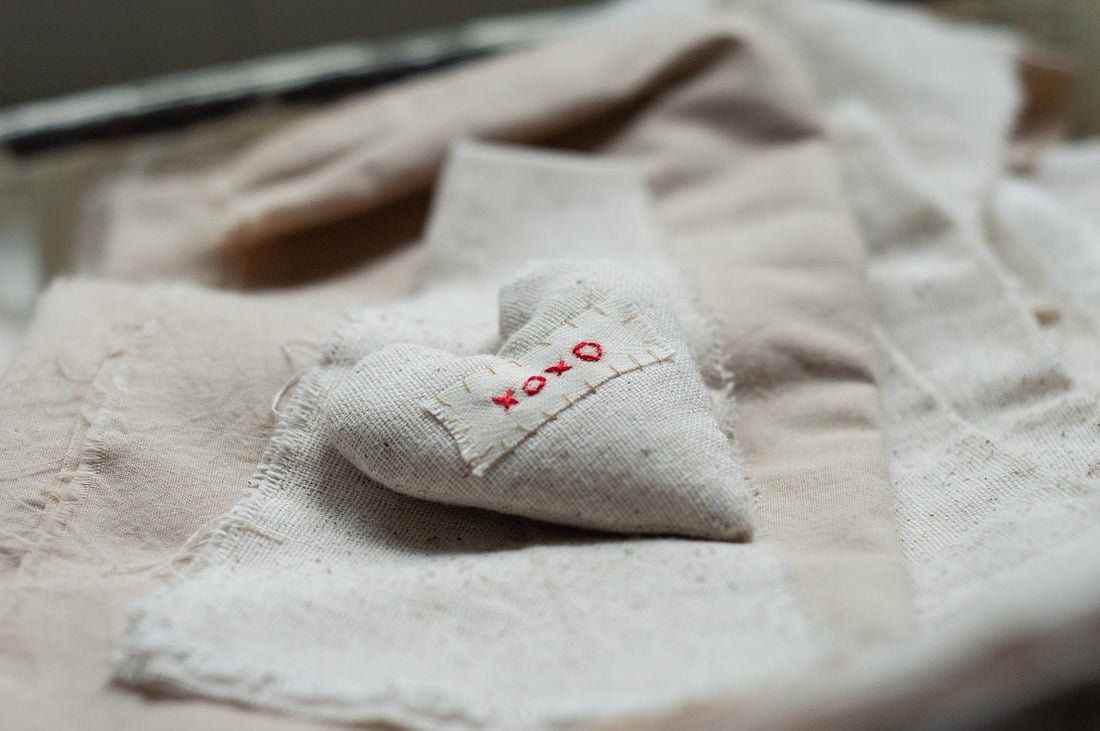
The Complex Morality of Handmade Clothing
Share
In this era of fast fashion and mass production, handmade apparel has become a beacon of ethical and sustainable fashion. It presents an interesting alternative to the environmentally degrading and exploitative practices of the traditional fashion sector.
Why Handmade Matters
Ethical Production: Most handmade clothing are produced with fair wage in mind. It is a stark contrast with the reality of some artisans who does not earn liveable incomes and in worse circumstances have to work in unsafe environments.
- Sustainable Materials: Many handmade garments are crafted from natural, eco-friendly materials like organic cotton, linen, and wool.
- Unique and Timeless: Handmade pieces are one-of-a-kind, offering a unique and timeless style that sets you apart from the crowd.
- Reduced Environmental Impact: The slow, mindful production process of handmade clothing minimizes waste and reduces the carbon footprint.
- Supporting Local Artisans: By choosing handmade, you support local artisans and contribute to the preservation of traditional crafts.
Ethical Considerations When Buying Handmade
While handmade clothing is generally more ethical than mass-produced fashion, it's essential to be mindful of the following:
- Transparency: Seek brands that are upfront with their production process, what materials they use, and how their labor practices are.
- Fair Trade: Make sure artisans receive fair payment and that they work under safe conditions.
- Environmental Impact: Consider the environmental impact of the materials used and the shipping process.
- Authenticity: Be aware of counterfeit or mass-produced items disguised as handmade.
How to Embrace Ethical Handmade Fashion
- Shop Local: Look for local craftsmen and boutiques that sell them.
- Research Brands: Do your research and choose brands that align with your ethical values.
- Invest in Quality: High-quality, handmade garments are often more durable and longer-lasting.
- Care for Your Clothes: Proper care can extend the life of your handmade garments.
- Mindful Consumption: Buy only what you need and avoid impulse purchases.
By making conscious choices and supporting ethical brands, you can contribute to a more sustainable and equitable fashion industry. Embrace the beauty and ethical benefits of 'handmade' buying and make a positive impact on the world.
